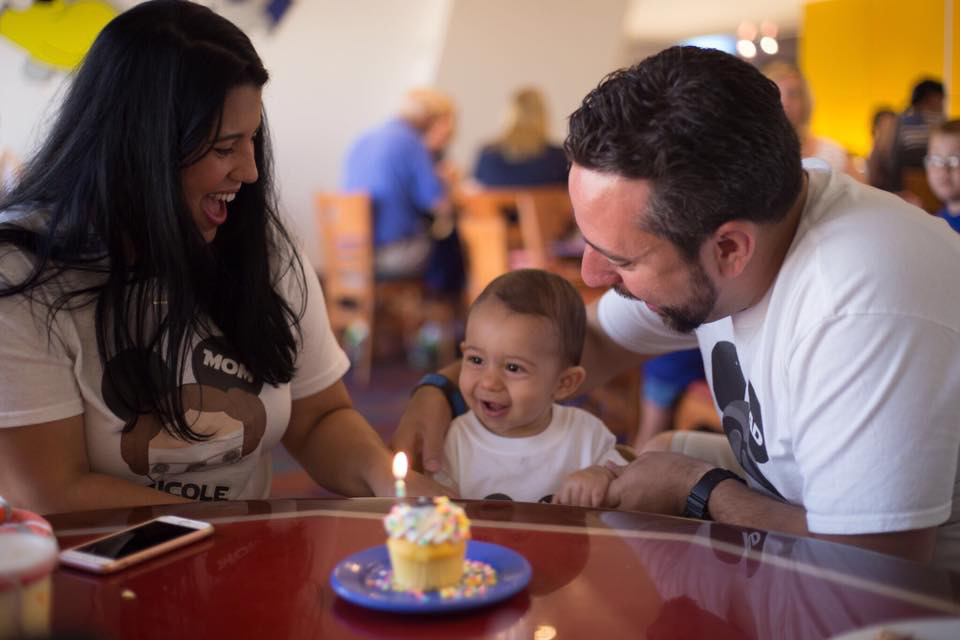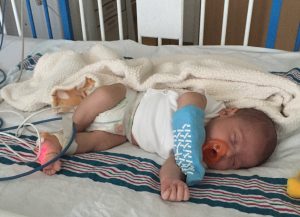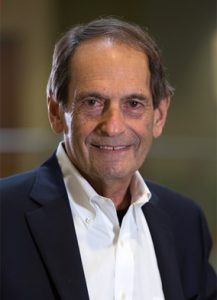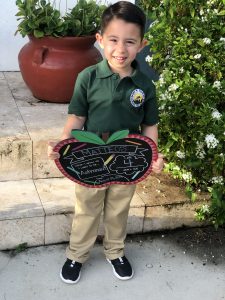NORD Webinar Features SMA Mom Discussing Zolgensma Gene Therapy

Every birthday is special for Matteo Almeida’s parents. (Photos courtesy of Nicole Almeida)
Just 27 days after Nicole Almeida gave birth to her son, Matteo, the baby received a one-time infusion of what one day would be known as Zolgensma. That made him the youngest person ever to receive the world’s most expensive medication.
Since that day in August 2015, Matteo has shown zero symptoms of spinal muscular atrophy (SMA), for which Novartis developed its $2.1 million drug — and he looks and acts like any normal 4-year-old.
“Gene therapy saved my son’s life and I would do it again,” said Almeida, one of several speakers in a recent webinar hosted by the National Organization for Rare Disorders (NORD), in collaboration with the American Society for Cancer and Cell Therapy.
The Dec. 18 webinar, “Life After Gene Therapy,” also featured Charles Hough, a sickle cell disease patient who had enrolled in a National Institutes of Health (NIH) gene therapy study. A 15-minute audience Q&A followed.
Almeida learned that her husband’s sister was a carrier of SMA, so before having a baby, the couple scheduled genetic testing. The results showed that both were carriers, meaning their son very likely would be born with the disease. The diagnosis of SMA type 1 was confirmed in utero on March 3, 2015.
Almeida, who lives in Miami, spent four months researching the subject. With the help of the Chicago-based nonprofit group Cure SMA, she discovered two open clinical trials. One of them, organized by Nationwide Children’s in Columbus, Ohio, was for gene therapy — a single-dose treatment given intravenously.
Hardly any information about the trial was available. But Almeida stumbled across a few videos that gave her hope the treatment could work for Matteo. Among other things, she learned that pigs with SMA that were once dragging their feet could walk again after receiving the therapy.
Almeida kept in touch with the clinical coordinator at Nationwide Children’s, as well as neurologist Jerry R. Mendell, principal investigator at the hospital’s Center for Gene Therapy. Almeida remembers Mendell being very secretive; all he would tell her was “it looks good.”
Once Matteo was born, Almeida and her husband packed their belongings into their SUV and made the three-day, 1,150-mile trip to Columbus for an expected one-month stay. After the infusion, she said, “I honestly can say it was the first time I felt like I could breathe since I received the diagnosis.”
They still fly to Nationwide Children’s once a year for follow-up appointments, but now it’s a fun occasion. Matteo has met all of his milestones — sitting up unassisted, feeding himself and walking.
The first time Matteo stood up, let go of the couch and walked, Almeida and her husband were speechless. After a few seconds, they broke down and cried.
“The pros outweigh the cons and I don’t regret it,” Almeida said in response to audience inquiries about the risks associated with gene therapy.
Now that Zolgensma is on the market, Almeida said it has been easier to interact with other SMA parents. She added that Matteo’s disease is different now because he doesn’t have any symptoms, and that the “community is changing because it’s treated so early.”
Matteo wants to be an astronaut and Almeida said she can’t wait for him to fulfill his dream of “sitting on the moon and taking his parents to Mars.”
This webinar was the last in a five-part series on gene therapy and was sponsored by Amicus Therapeutics, Avrobio, bluebird bio and Sarepta Therapeutics. The full video will be online soon, said NORD, which is accepting follow-up questions at this email.
NORD’s next webinar, set for Jan. 23, will be on patient engagement and the U.S. Food and Drug Administration (FDA). Titled “Your Voice Matters,” it will feature four top FDA officials: Andrea Furia-Helms, director of patient affairs staff at the Office of Clinical Policy and Programs; Michelle Tarver, patient science and engagement program director at the Center for Devices and Radiological Health (CDRH); Robyn Bent, director of the patient-focused drug program at the Center for Drug Evaluation and Research (CDER); and Diane Maloney, associate director for policy at the Center for Biologics Evaluation and Research (CBER).











